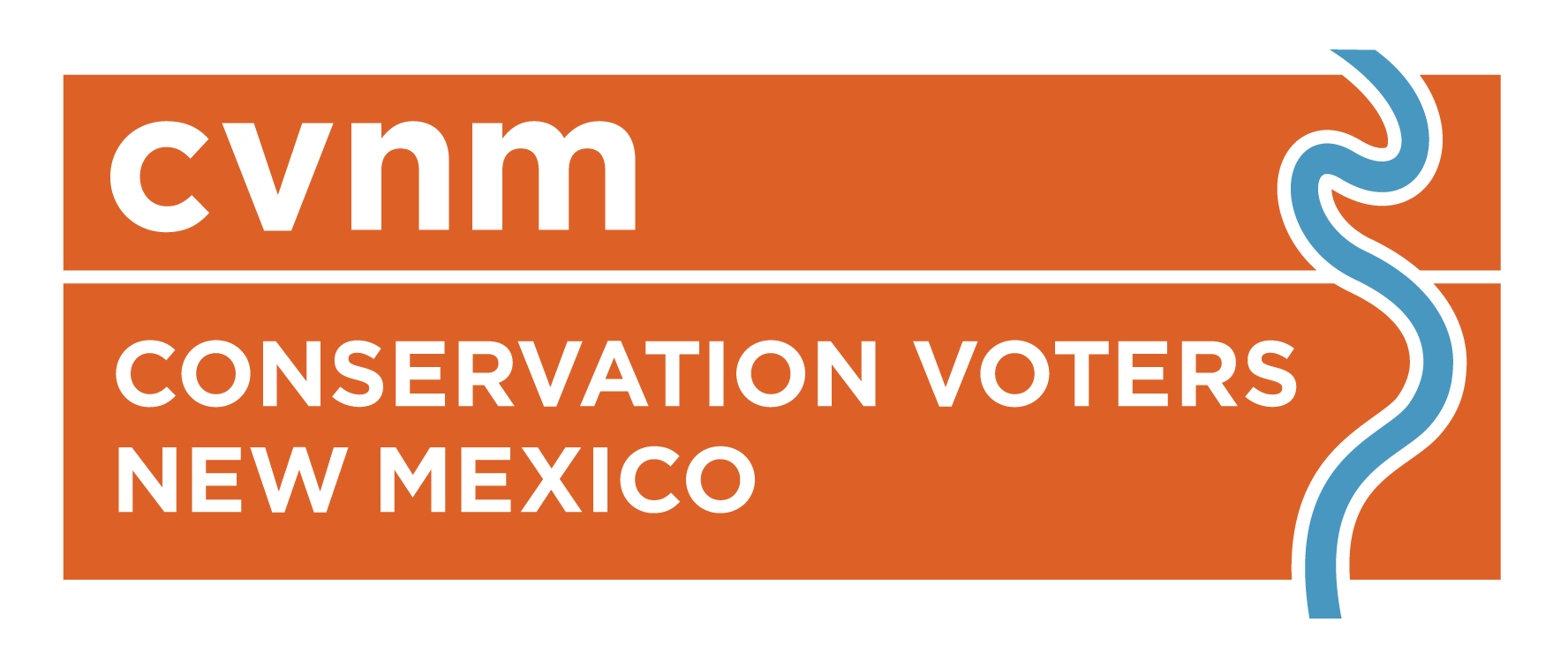By Heath Haussamen | NMPolitics.net
U.S. Interior Secretary Ryan Zinke is recommending no reduction in the size of two New Mexico national monuments, but he is seeking some changes in how they are managed.
The Wall Street Journal and Washington Post obtained and reported on Sunday evening about Zinke’s previously secret recommendations to President Donald Trump after reviewing dozens of monuments designated by recent presidents under the 1906 Antiquities Act. Zinke’s charge was to determine if the monuments went too far in grabbing land.
While Zinke is recommending shrinking at least four other monuments — Bears Ears and Grand Staircase-Escalante in Utah, Gold Butte in Nevada, and Cascade-Siskiyou in Oregon — the Organ Mountains-Desert Peaks and Rio Grande del Norte in New Mexico aren’t on the list of recommended monuments to shrink. Both were designated by former President Barack Obama.
But Zinke did recommend some management changes for the New Mexico monuments. From the Washington Post:
The secretary urges Trump to request congressional authority “to enable tribal co-management of designated cultural resources” in three ancestral sites: Bears Ears, Rio Grande del Norte and Organ Mountains-Desert Peaks.
Also from the Post:
While concerns about ranching are raised more frequently than any other objection in the report, Zinke also writes that “border security is a concern resulting from the designation” of Organ Mountains-Desert Peaks near New Mexico’s border with Mexico. Both the Homeland Security Department and the Pentagon should assess risks associated with the monument, he suggests, given the proximity of nearby military installations.
U.S. Customs and Border Protection issued a letter in January 2014, before the site was designated, saying it would not impede security and would “significantly enhance the flexibility” of agents patrolling a five-mile strip along the border that was then an official wilderness study area.
The report specifically mentions the Potrillo Mountains in Doña Ana County, near the border with Mexico — the area CBP was referring to in 2014 — saying this area “lends itself to a drug smuggling route and needs to be monitored.”
For the Organ Mountains-Desert Peaks monument in southern New Mexico, which Zinke visited in July, the report also recommends that the management plan “should be revised to continue to project objects and prioritize public access; infrastructure upgrades, repair, and maintenance; traditional use; tribal cultural use; and hunting and fishing rights.”
For the Rio Grande del Norte monument near Taos, the report makes the same recommendations.
Many in the local ranching community are seeking a reduction in the size of Organ Mountains-Desert Peaks monument. They were led by U.S. Rep. Steve Pearce, R-N.M., who on Monday said Zinke’s recommendation falls short.
“Secretary Zinke’s recommendation fails to provide the solutions New Mexico needs,” Pearce said in a news release. “… The size and complexity of the Organ Mountains [monument] raises serious economic, security and access concerns that cannot be appropriately addressed without resizing the monument’s footprint.”
Pearce included statements from others decrying Zinke’s recommendation, including Frank DuBois, a former state agriculture secretary.
“Changing the grazing language will help but does not answer all the concerns of the ranching community,” DuBois said.
Rancher Carol Cooper agreed.
“Reducing the footprint of the monument is the only way to protect individuals, businesses and our community from the negative effects of the monument designation,” she said in Pearce’s release.
The Center for Biological Diversity, on the other hand, is upset that Zinke is recommending any changes to monuments, and contends Trump has no authority to make changes.
“If he tries to, we’ll see him in court,” said Randi Spivak, the center’s public lands program director.
“Zinke claims he wants to perpetuate traditional uses, but he’s actually promoting traditional abuses,” Spivak said. “Logging, mining, grazing, fracking and drilling destroy wildlife habitat and objects of scientific and cultural importance.”
New Mexico’s two U.S. senators, while on the opposite side of the issue from Pearce, were as upset as him by Zinke’s report. Tom Udall and Martin Heinrich said Zinke’s recommendation “completely ignores New Mexicans’ overwhelming support for the monuments, and doesn’t even offer specifics and meaningful data to back up their vague recommendations.”
“It doesn’t come as a surprise that local voices were not taken into consideration, since Secretary Zinke declined to attend a town hall meeting on Organ Mountains-Desert Peaks and never even set foot in Rio Grande del Norte,” Udall and Heinrich said. “It’s clear this report is a politically driven attempt by Washington to justify the administration’s extreme position that public lands should be privatized, leased or sold to the highest bidder.”
“A decision to move forward with these recommendations would be both exceedingly unpopular and very likely illegal,” the senators said. “We strongly urge the president to reject this sham report, honor the work by New Mexicans, and confirm that he will leave intact Organ Mountains-Desert Peaks, Rio Grande del Norte and all the other national monuments.”
Demis Foster, executive director of Conservation Voters New Mexico, said it was a “relief” that Zinke didn’t recommend shrinking the state’s two newest national monuments.
“However, the report alludes to changes in the proclamations concerning the management of both monuments which are deeply troubling,” Foster said. “Both national monument proclamations were created after detailed consultation with local communities and tribal representatives in order to protect important archeological and cultural sites and irreplaceable lands and wildlife. In addition, 82 percent of New Mexicans support keeping our national monuments just the way they are. They must not be altered to allow exploitation by mining, logging or other special interests.”
Zinke’s report was apparently leaked to the Post and Journal, as the Trump Administration has thus far refused to release it. The report is marked “Not for Distribution.”
The White House hasn’t taken action on Zinke’s recommendations.
This article has been updated.

